The Future of Health and Nutrition: How Technology Offers Key Benefits for Better Health
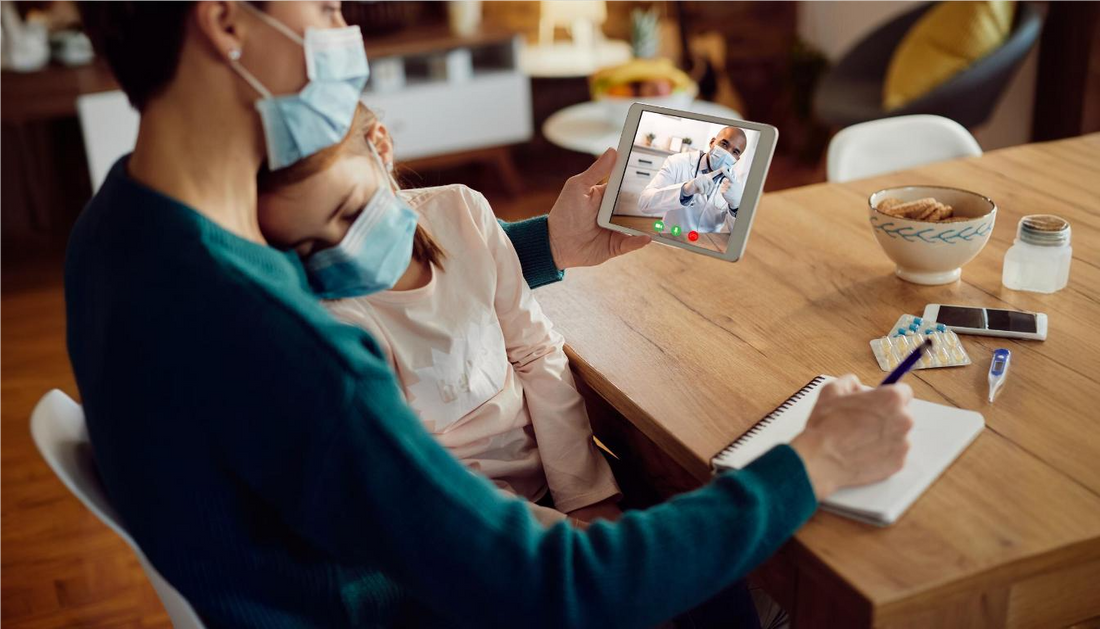
Nutrition and health are indeed impacted by technology-a factor that is related to how we obtain health information, figure out our fitness, and manage diets. Wearable technology and advanced apps monitor health indicators and physical activity to support individualized wellbeing. Nutritional education and professional guidance are widely accessible through online platforms. Here, this article answers your questions about this topic as it clears up all misconceptions or doubts you might have.
What does technology do to health and nutrition in India?
Technology in India has revolutionized health and nutrition, making it easy to access telemedicine, link and network rural areas with more quality healthcare services. Apps and wearable devices keep track of fitness and dietary habits, making it easier for the individual to move towards making healthier choices. Online platforms and AI-driven tools offer these individuals a personalized nutrition plan tailored toward local diets and lifestyles.
E-commerce has increased availability, while digital campaigns across the nation make the masses aware of health issues. Dietary options are improved by food technology advancements, including plant-based substitutes and fortified foods. All these developments bridge holes in accessibility and work toward a healthier society.
Overview of health technology trends
Health technology is rapidly changing the healthcare environment, improving accessibility, personalization, and efficiency. Some of the key trends involve
- The Revolution with Artificial Intelligence and Machine Learning: Diagnostic solutions, predictive analytics, and treatment plans are revolutionized through AI.
- Telemedicine and Remote Care: Virtual consultations are particularly making healthcare accessible in underserved areas.
- Blockchain for Health Data Safety: Blockchain assures the secure storage and sharing of medical records by enhancing privacy and trust.
- Smartwatches and fitness trackers monitor vital signs, activity, and sleep patterns in real-time, which defines wearable health devices.
- 3D Printing and Bioprinting: The Technology will enable custom prosthetics, implants, and even replicas of organs for surgical practice.
- Robotics in surgery-facilitating more precise practicing of minimally invasive surgeries and reducing recovery time.
- DTx: Those treatments of conditions such as diabetes, anxiety, and insomnia can be found through apps and software.
- Health Applications and Portals: This section enables the patients with their health data, appointment scheduling, and symptom checkers.
Future healthcare will be more prepared, predicted, and patient-centered as a result of these trends.
How Are Health Apps and Wearables Transforming Healthcare?
Health Apps and Wearables: The New Changes in Health Care
- Track heart rate, sleep patterns, activity levels, and stress levels.
- Alert patients of health anomalies early
- Provide fitness, calorie intake, and hydration schemes.
- Reduce risks of chronic conditions such as diabetes and hypertension
Apps with AI make recommendations for wellbeing, nutrition, and exercise.
- Allow health professionals to track and adjust their treatment from a distance.
- Benefit in long-term conditions including diabetes and coronary artery disease.
- Stress monitoring features, mood monitoring, and guided meditations help improve emotional health.
- Compatibility with electronic health records to advance diagnosis and treatment.
- Ease the process of sharing health data with providers.
- Delivery of healthcare services to the distant or underserved populations through digital.
- Improved privacy and device accuracy.
- Advancement in AI and IoT would make them more effective.
Health apps and wearables give people real-time monitoring, tailored care, and mental health tools. They enhance preventive care, provide remote monitoring, and access healthcare while they drive innovation.
Successful Methods of Monitoring Nutrition, Exercise, and Health Metrics for a Healthy Life:
- Nutrition: Monitoring calorie input, macronutrients balance, and hydration, apps can provide personalized diet plans to reach health goals.
- Exercise: Fitness trackers track activity, steps, workouts, and heart rate, which will keep up the regular physical activity.
- Health Metrics: Wearables and apps track everything from blood pressure to quality of sleep and stress levels, allowing for early detection of problems and overall well-being.
AI basically refers to the use of computers in performing tasks that resemble human intelligence, either on their own or under minimal human supervision. Machine learning is a form of AI that equips systems to analyze and learn from data without requiring specific programming for every step.
What Does Telehealth and Online Nutrition Counseling Do to the Health Care Landscape?
Telehealth and e-nutrition counseling change the face of health care since services are made accessible and convenient.
- Telehealth lets patients remotely access doctors and specialists without travel and wait times.
- This particularly plays into the advantages of rural or underserved areas.
- Online nutrition counseling gives personalized diet plans, advice, and support through virtual consultation to assist and enable healthy management, ultimately achieving wellness goals.
These will be more engaging technologies that support long-term health care and cheap access to professional care in making healthcare more efficient and inclusive.
The Key Benefits of Technology in Health and Nutrition for Women
- Personalized Nutrition for Hormonal Health: Apps and AI tools, through meal planning, focus on women's specific needs including hormonal balance during pregnancy or menopause.
- Wearable Health Trackers: The smart devices monitor activity, menstrual cycles, sleep patterns, and calories-thus helping women maintain a healthy lifestyle.
- Access to Women-Specific Resources: The online resources have tailored prenatal nutrition, breastfeeding, and health information for women empowerment.
- Remote Health Monitoring for Women's Health: Telemedicine allows women to reach out to experts for nutritional counseling at any time in pregnancy, postpartum, and beyond.
- Virtual Coaching and Support for Women: Digital platforms connect women with dietitians and personal trainers who specialize in women's health and wellness.
- Tracking Calories and Macronutrients: Apps track a woman's food intake and promote balanced diets while keeping up with particular needs such as deficiencies in iron or calcium.
- Smart Kitchen Solutions: Guided meal features on appliances assist busy women in healthy, portion-controlled cooking.
Thanks to technology, women can lead healthier and more balanced life through the provision of these tools that enable them to take charge of their nutrition as well as health.
What are the Benefits of Virtual Consultation?
These are the Advantages of Virtual Consultation:
- Convenience: Teleconsulting saves the patients from hassle travel; they can sit in their homes and get all-around care without time or logistical barriers.
- Increased access: The process makes healthcare providers reach patients in remote or underserved areas easily, hence overcoming geographical and mobility challenges.
- Cost-Effective: A virtual consultation generally costs less than in-person visits, reducing travel expenses and clinic fees for both patients and healthcare providers.
- Less waiting time: Virtual consultation can usually be scheduled immediately; more access to care will likely be provided sooner for nonemergency issues.
- Better Healthcare Access for Chronic Conditions: Those with chronic conditions would have check-in possibilities and on-going management without frequent in-person visits, improving long-term care.
- Comfort and Privacy: Most patients will feel comfortable discussing sensitive health issues from their own comfort of their homes that opens avenues to communicate much with health care providers.
- Improved Continuity of Care: Virtual consultations allow health care providers to track the progress of treatment over time for a patient and thus increases the management and follow-up treatments.
- Mental Health: Telehealth offers a safe sanctuary for patients with mental health issues, who may be stigmatized or sit uncomfortably in-person therapy sessions.
A recent review [1] [2] [3] points out that the wearable health monitoring devices pose security and safety concerns when their data is used for medical decisions. On the other hand, they can offer real-time and objective health data liable to drive immediate behavioral changes, their effective integration into clinical practice presupposes secure sharing with healthcare providers. Thus, clinicians need to know what these wearables can and cannot do so that they can interpret the data correctly and provide proper guidance for patient care.
Conclusion:
Therefore, technology has left its mark on health and nutrition in India, making health more accessible and individualized for people. Mobile applications, wearables, telemedicine-all these technologies are empowering individuals with knowledge to make informed decisions about their health and diet. AI-driven tools provide differentiated advice to nutrition, and digital platforms connect the people in the rural areas to medical professionals. Increased awareness and enhanced the best technology to improve health outcomes across the country. I hope that this article provided much-needed clarity on the topic and cleared all your doubts.
FAQ’s:
1. How can health apps improve my wellness journey?Health applications can help enhance your journey to wellness with tailored fitness plans, real-time tracking, and reminders to stay on course to achieving your goals.
2. Are online nutrition programs effective?
Internet nutrition programs can be very useful; some provide specialized meal planning and expert instruction for a healthy lifestyle.
3. What are the best health trackers available?
For detailed monitoring of vital statistics that may include activity level, sleep, and heart rate, the best health trackers remain high - Fitbit, Apple Watch, or Garmin.
No comments








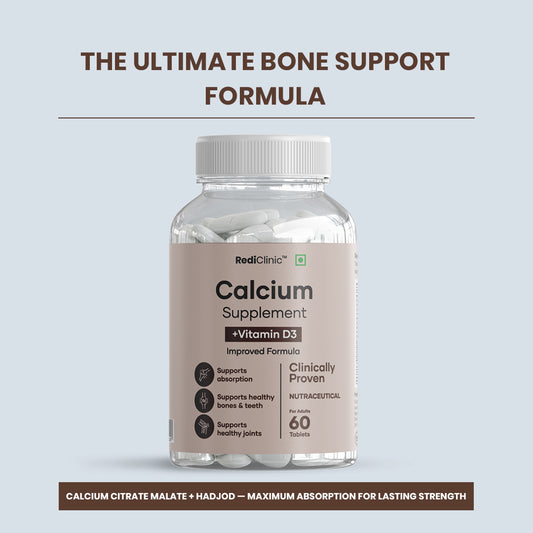
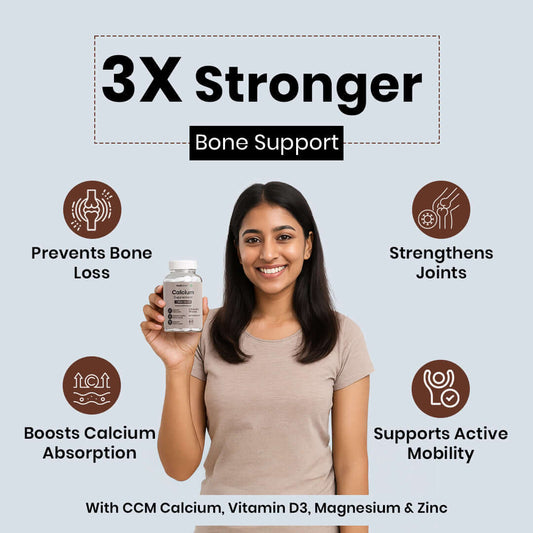

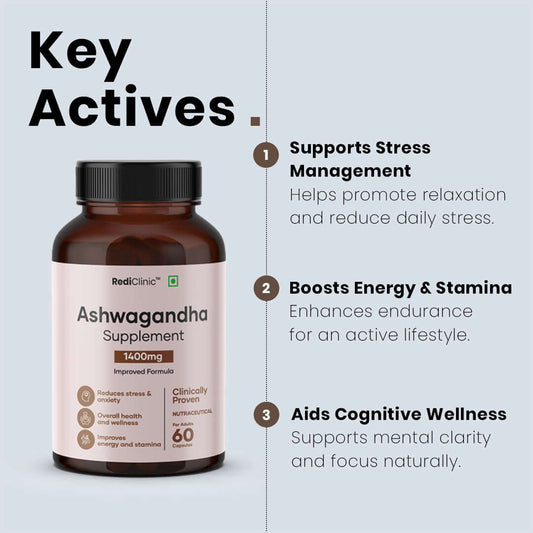
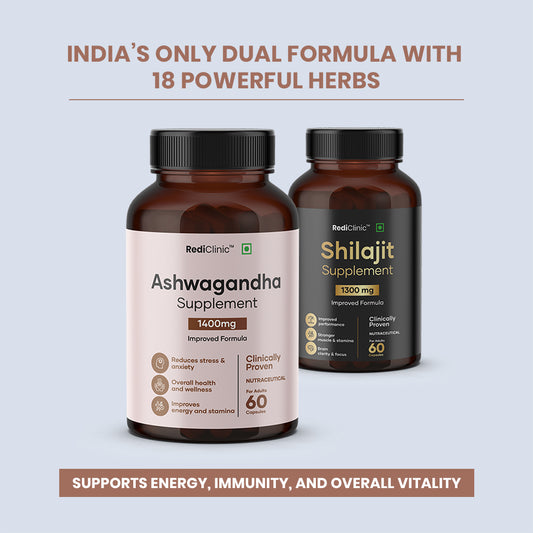
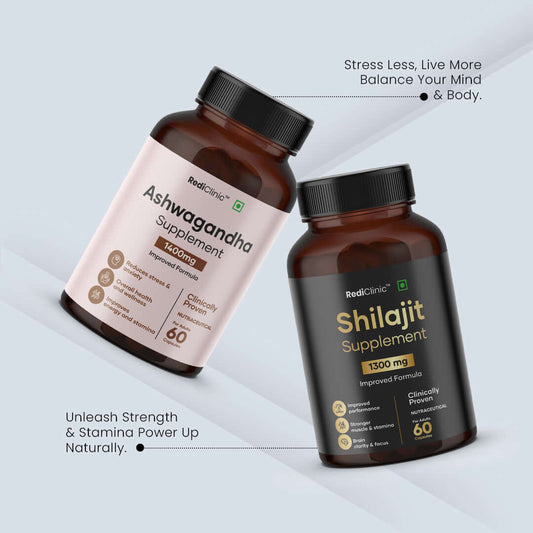
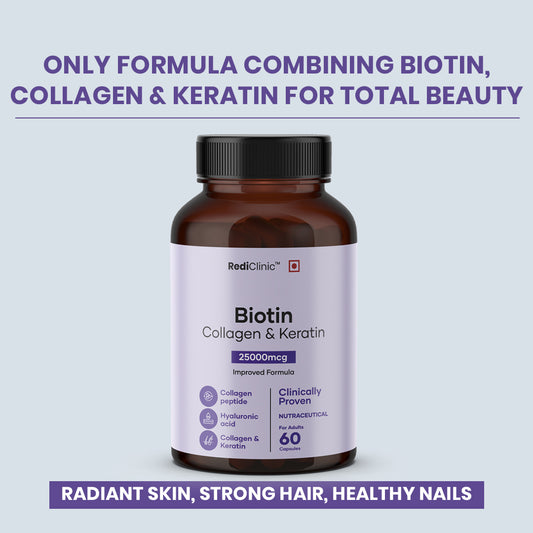
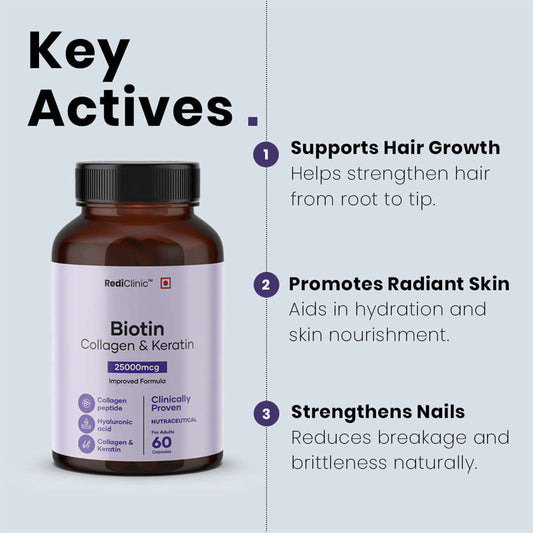

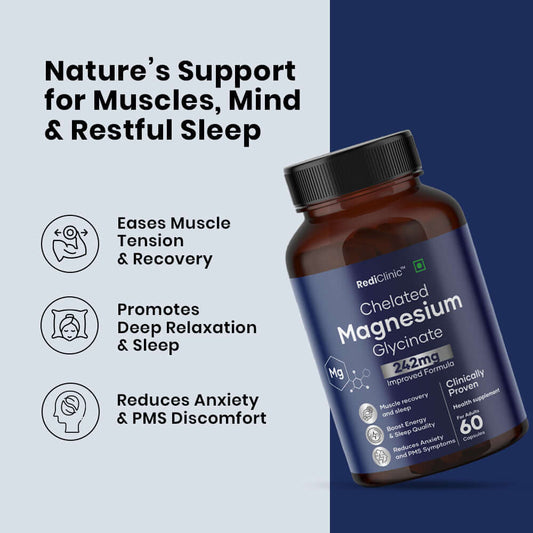

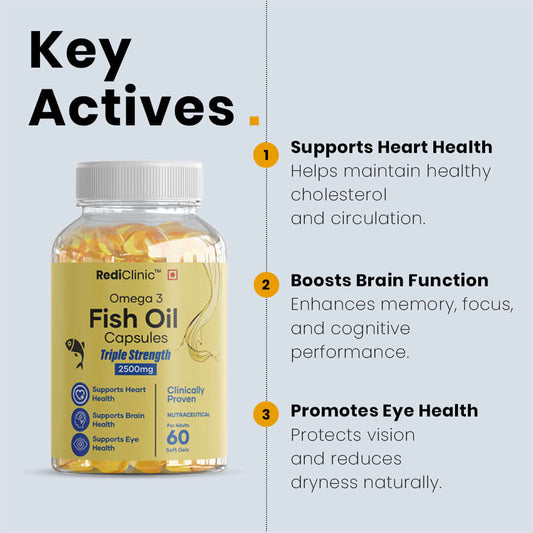
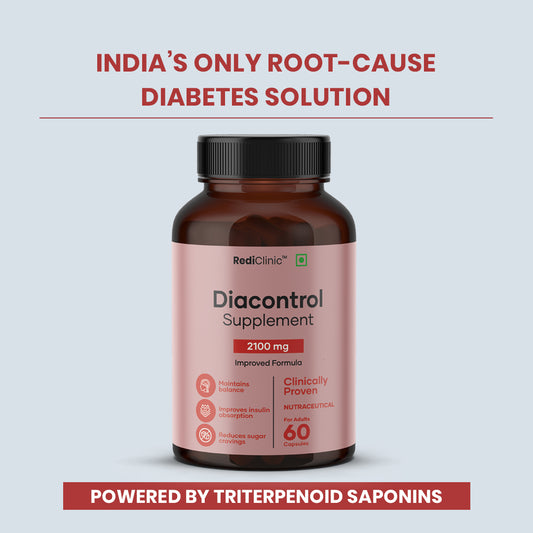
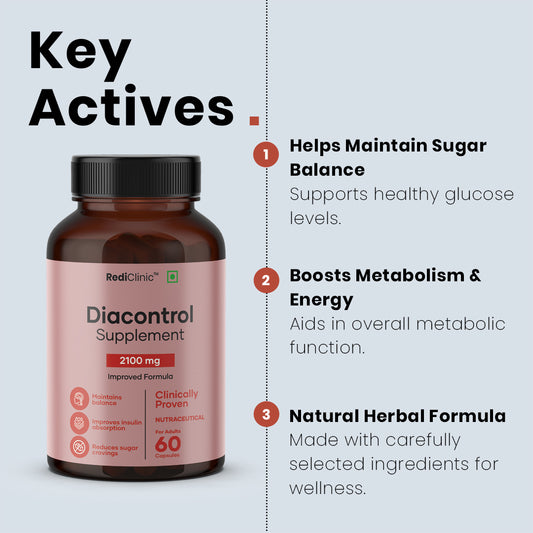
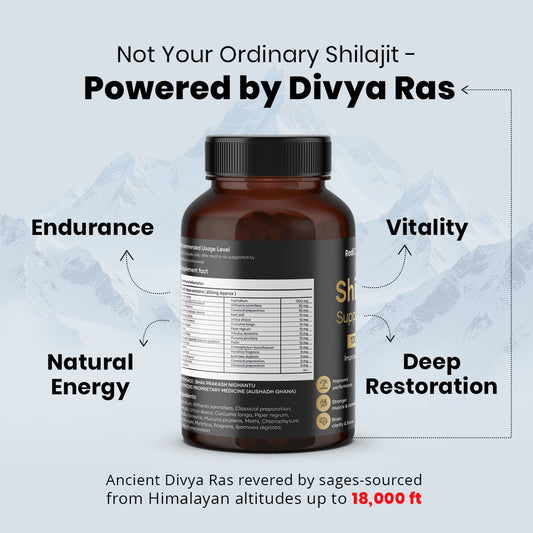
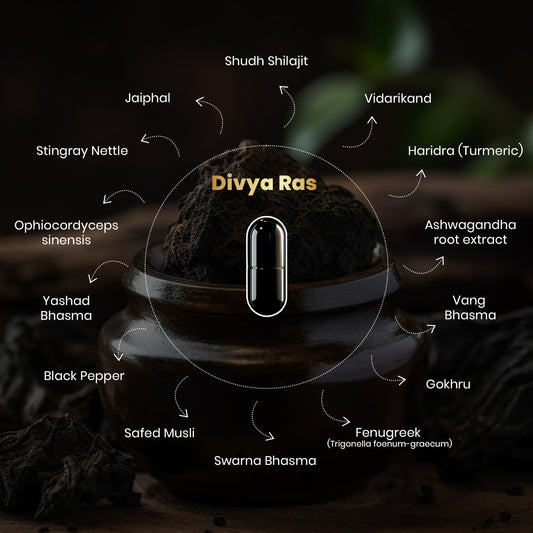


0 comments